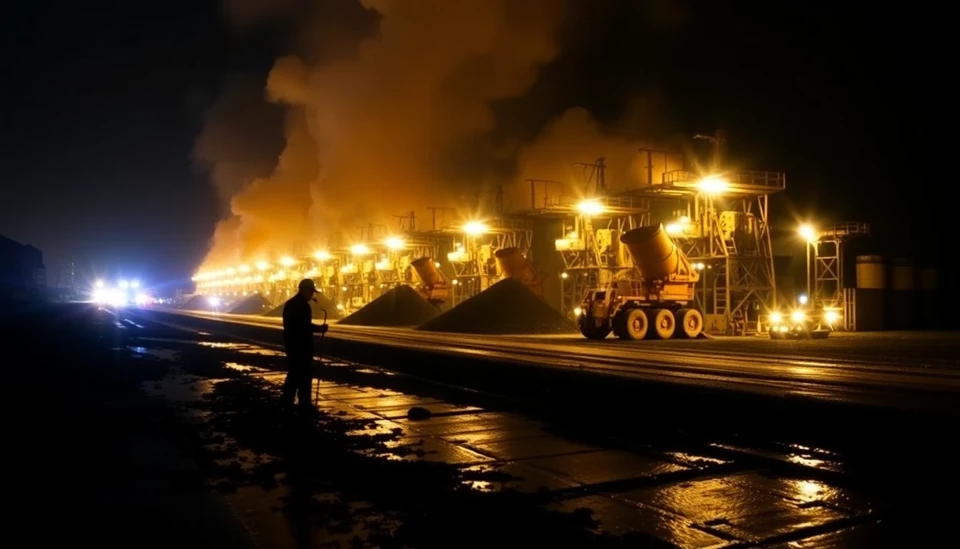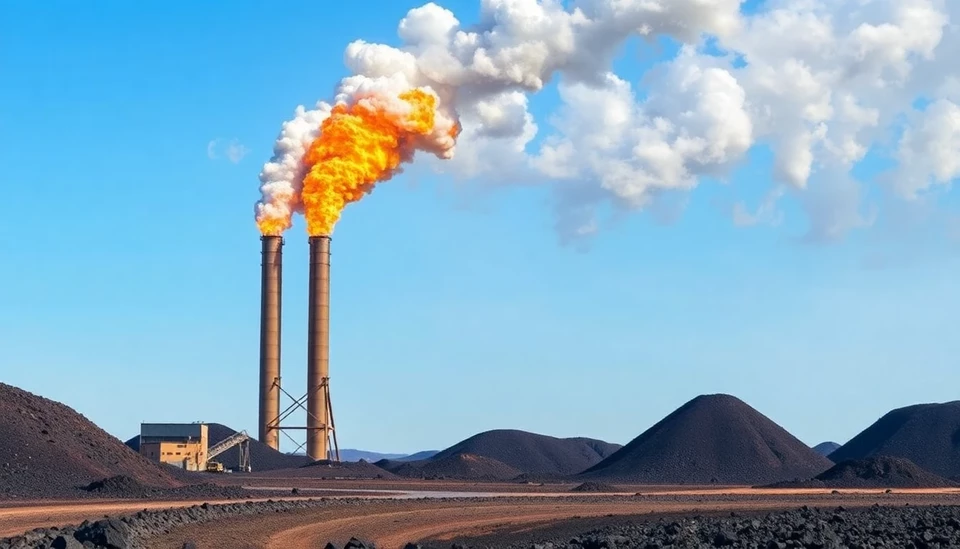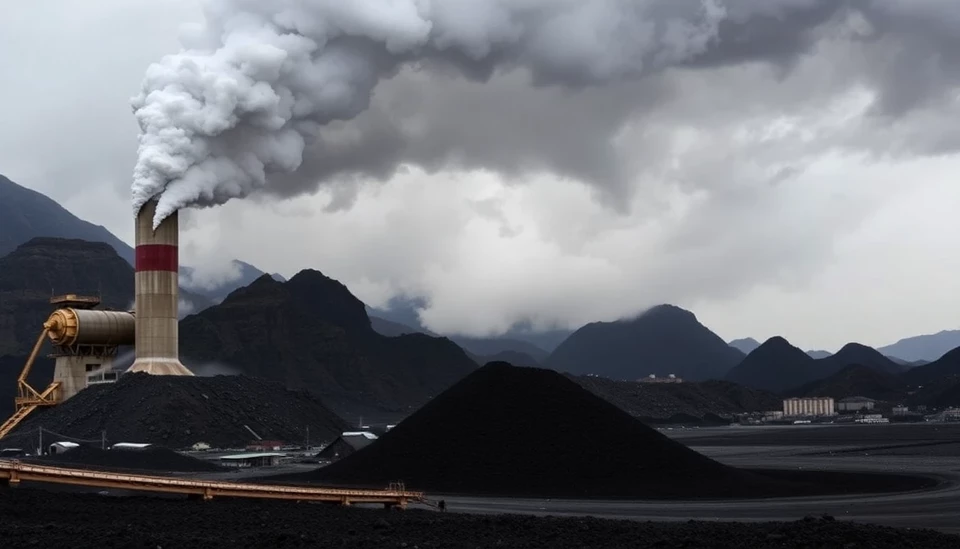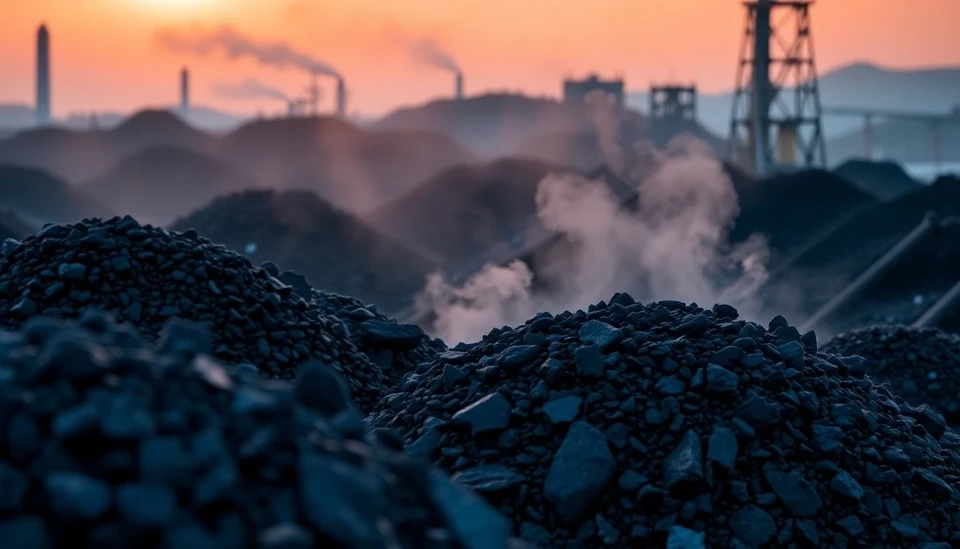
In a recent development, coal prices in China are forecasted to take a further nosedive, following announcements that global commodity giant Glencore is contemplating potential production cutbacks. This decision by Glencore, a major player in the energy and mining sector, speaks volumes about the current trends and pressures affecting the coal market, particularly within the rapidly changing economic landscape of China.
Chinese coal prices have already been on a downward trend, largely driven by a variety of factors including reduced domestic demand, increased hydropower generation, and government-led initiatives aimed at promoting cleaner energy sources. Recent market data suggests that prices are poised to slip even further as the country continues to strive for a more sustainable coal consumption model, albeit amidst ongoing energy demands.
Glencore's deliberations come at a time when several signs indicate a cooling demand for coal in China, which has been the largest consumer of coal in the world. The mining giant, which is renowned for its vast portfolio in commodities trading and resource extraction, has pointed to the possibility of cutting coal output across its operations as a response to these shifting dynamics in the marketplace.
The potential production cuts from Glencore could serve to tighten the global supply of coal temporarily. However, experts argue that even such measures may not significantly prop up prices in the face of the substantial excess capacity that still exists in China’s coal industry. Furthermore, the Chinese government’s push towards renewable energy sources and stricter environmental regulations raises questions about the long-term viability of coal as a major energy source in the region.
Market analysts are keenly observing these developments, with many suggesting that the interplay between Glencore’s actions and Chinese energy policy will be pivotal in determining coal prices moving forward. Providers in the coal sector may find themselves navigating a squeezed market where the traditional demand-supply dynamics are being disrupted by a transition toward cleaner alternatives.
As China grapples with balancing its immediate energy needs against a global push for sustainability, the coal industry is likely to face ongoing instability. Stakeholders and investors will need to keep a close watch on developments from companies like Glencore, as their operational strategies could provide insight into the future direction of coal prices in this challenging environment.
In conclusion, as coal prices in China prepare for a further decline amidst Glencore's speculated production adjustments, both local industries and international stakeholders must adapt to an increasingly complex market landscape. The coal sector stands at a crossroads, where decisions taken today could have lasting implications for years to come.
#CoalPrices #ChineseEnergy #Glencore #CommodityMarket #SustainableEnergy
Author: John Harris


